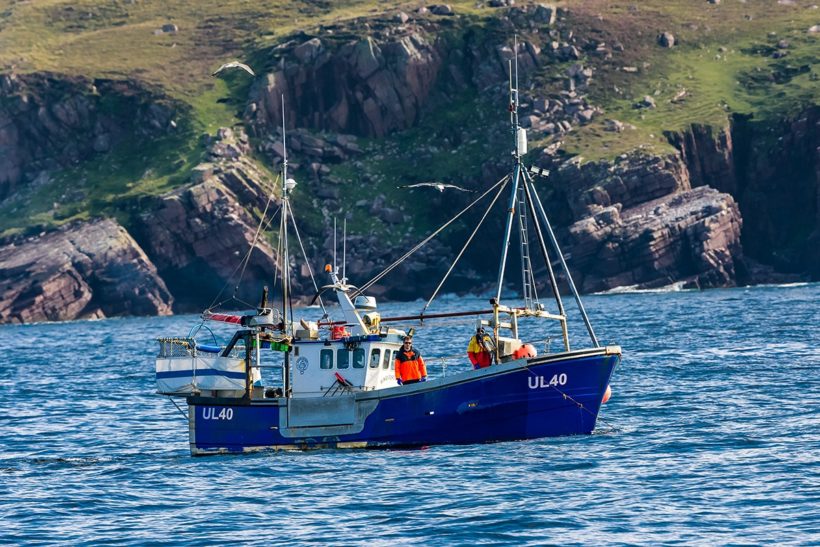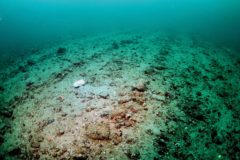Flexibility is key to ensuring that the industry can meet climate challenges – but this poses particular difficulties for inshore fisheries, writes head of the Orkney Fisheries Association Hannah Fennell
Climate change threatens the UK fishing industry as we know it. Warmer oceans not only change the distribution of species but also change ocean currents, upsetting nutrient flows and altering whole ecosystems.
We’re already seeing changes. The excess carbon dioxide absorbed by the sea causes it to become more acidic, which makes it harder for shellfish to form calcium carbonate, making their shells brittle and easier to break.
Orkney’s fishing industry, like the rest of the inshore, is especially vulnerable to these changes. A reliance on a handful of commercial species, combined with systematic barriers to diversification, make it difficult for us to adapt. Orkney’s fishing industry is made up of hundreds of small, family-owned businesses that lack the resources to invest in new technology that can both reduce our carbon footprint and make us more resilient in
the face of climate change. Working on a net-zero strategy for Orkney, we have identified three things that will not only ‘climate-proof’ the industry, but will also strengthen it. These are:
- Better management
- Stronger science
- Increased investment.
Better management is the cornerstone for a resilient fishing industry that can overcome any challenge – including climate change. Warming oceans and changes in the distribution of commercial species means we must be flexible in how we manage our fisheries, and how we think about fishing rights. The industry is facing a period of uncertainty, and we must make sure we can be flexible enough to adapt.
For better, more flexible management, we need stronger science. This means more data for marine species and ecosystems – especially for data-poor inshore areas such as Orkney. Improving our understanding of how climate change is impacting our environment and the stocks within it will help us predict, adapt and mitigate. Orkney’s fishermen have a close relationship with local scientists, but we need both the Scottish and UK governments to include fisher knowledge in their ecological and socio-economic models.
Lastly, the industry needs increased investment. The average age for an Orkney under-10m boat is 31 years – four years older than the UK average (from MMO data). Modernising the fleet through new vessels or improving existing ones will not only help to lower our carbon footprint, but will improve vessel efficiency and safety overall. Additionally, investment in pier-side infrastructure will help fishermen take advantage of technology such as hybrid engines (already being trialled in Norway) and could help us access new markets, boosting the resilience of the industry.
COP26 will put the fishing industry under a microscope – but this might not be a bad thing. In Orkney, we see the fishing industry as part of the solution in the fight against climate change. We already lead the way in providing local, high-protein and low-carbon food.
To continue to lead, we need forward-thinking managers, good communication with scientists, and long-term funding and investment. COP26 is our opportunity to show the industry as a climate leader.
This article is from Fishing News’ special feature on industry responses to the climate crisis as part of the COP26 conference in Glasgow. Subscribe to Fishing News here or buy the latest single issue for just £3.30 here.






